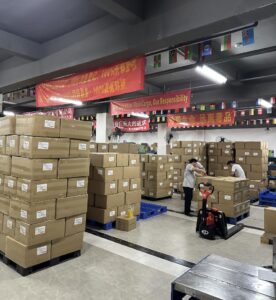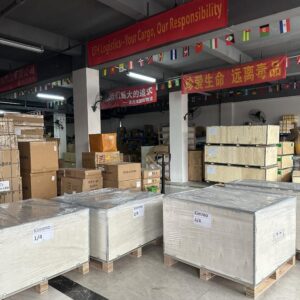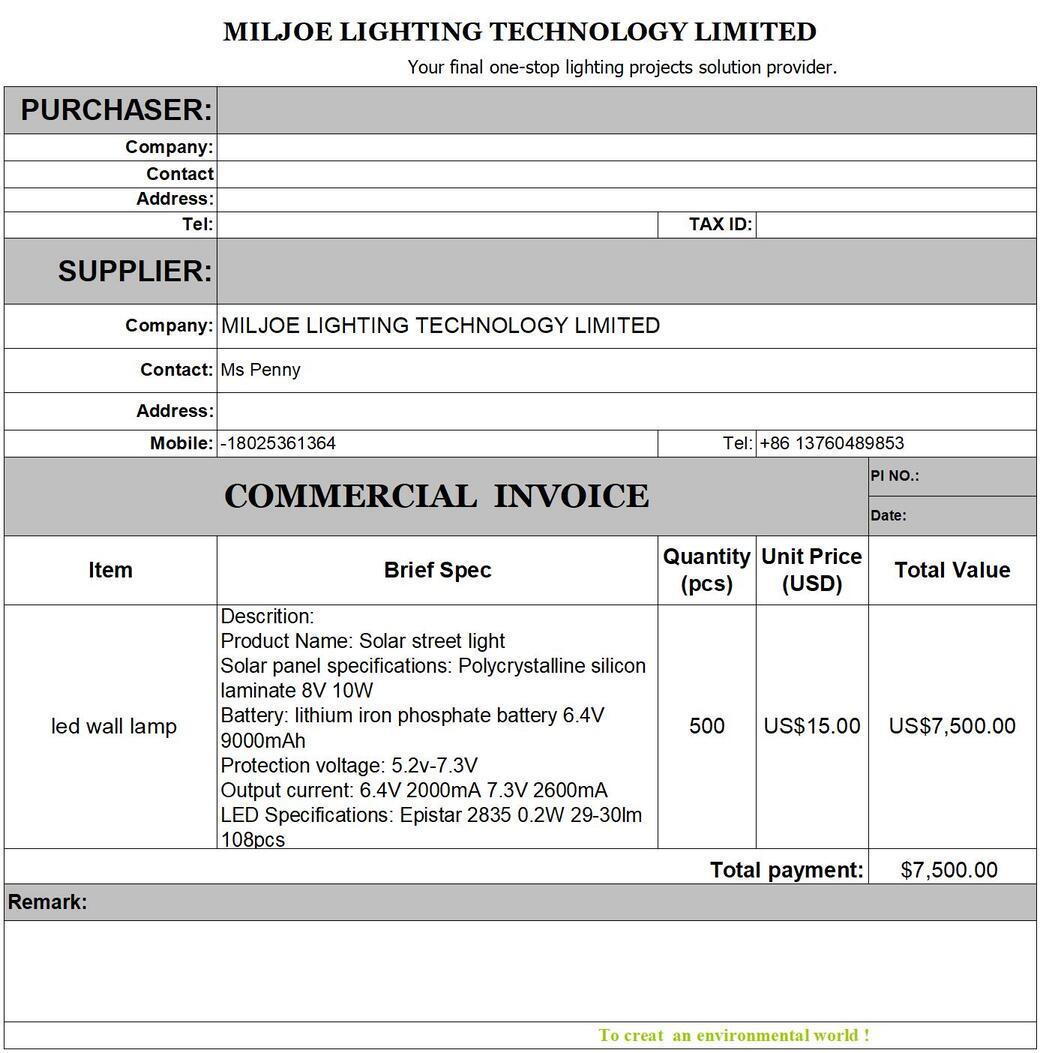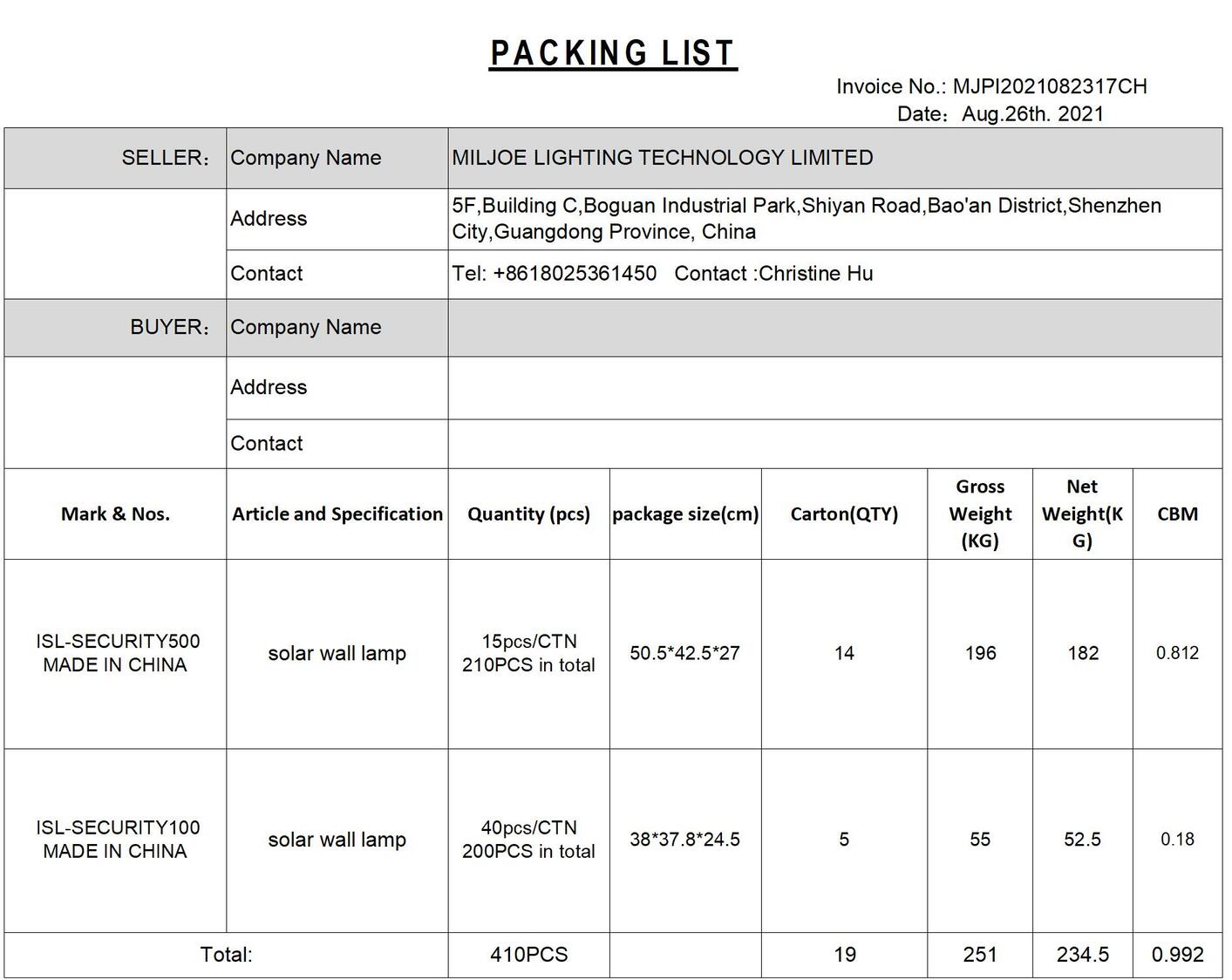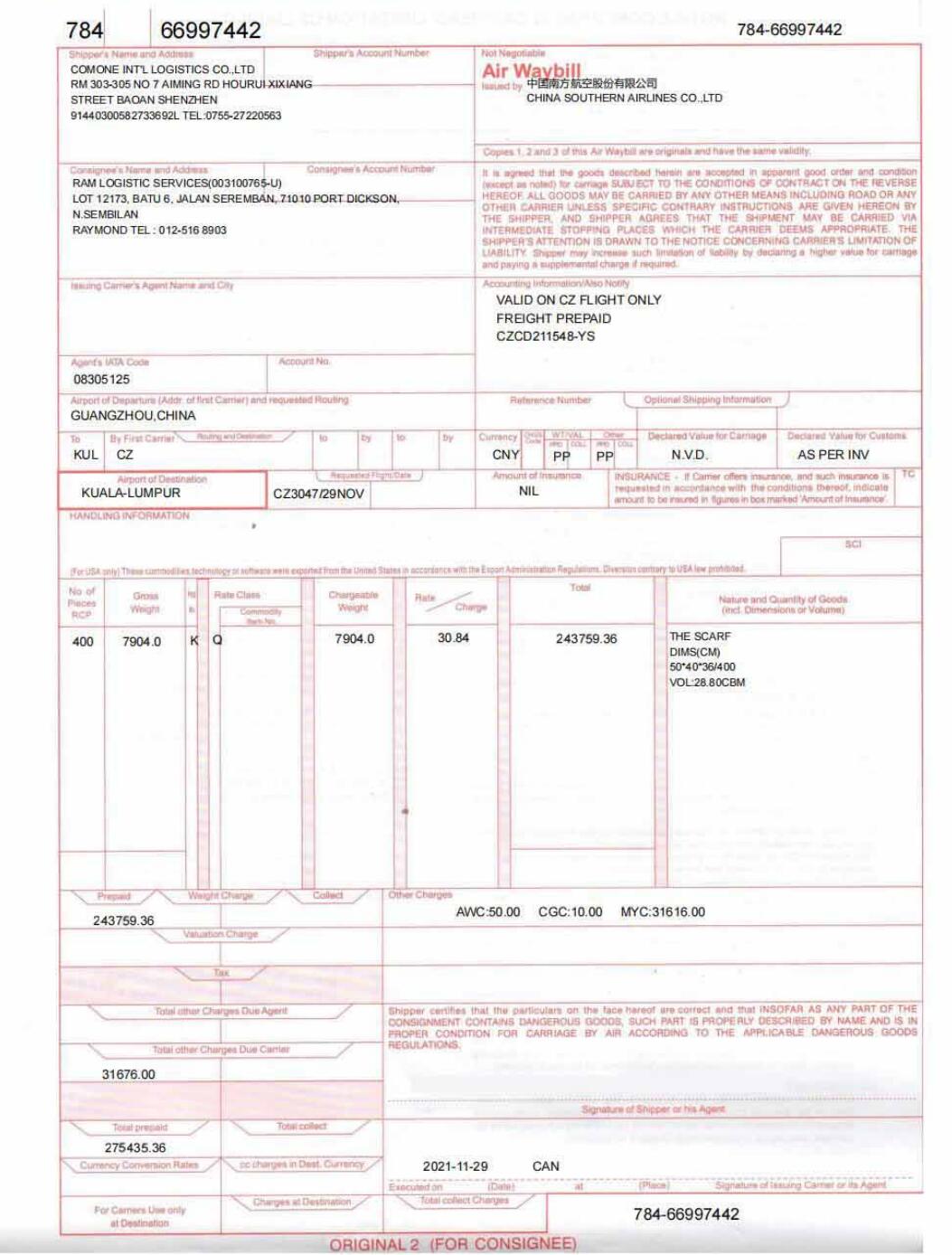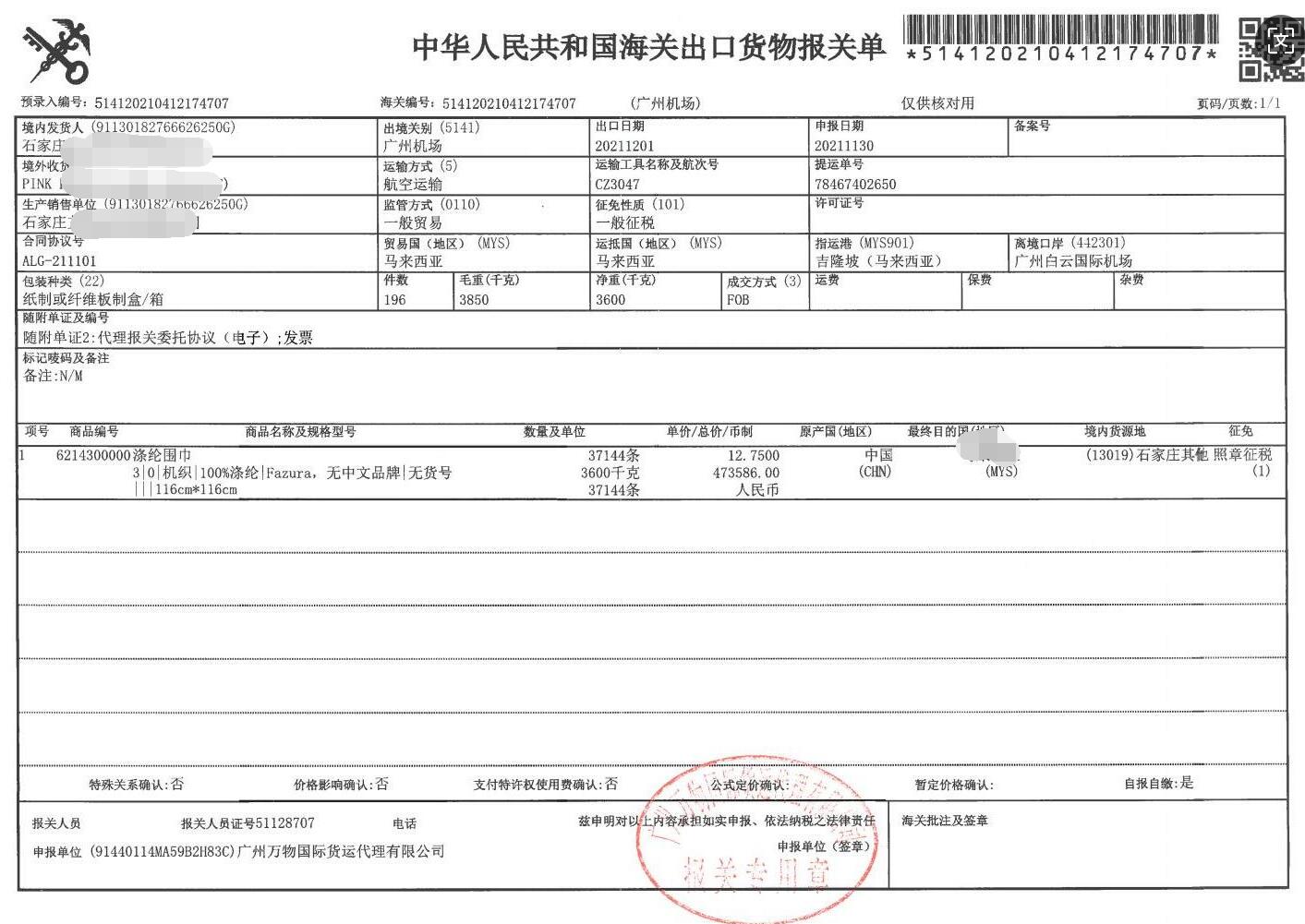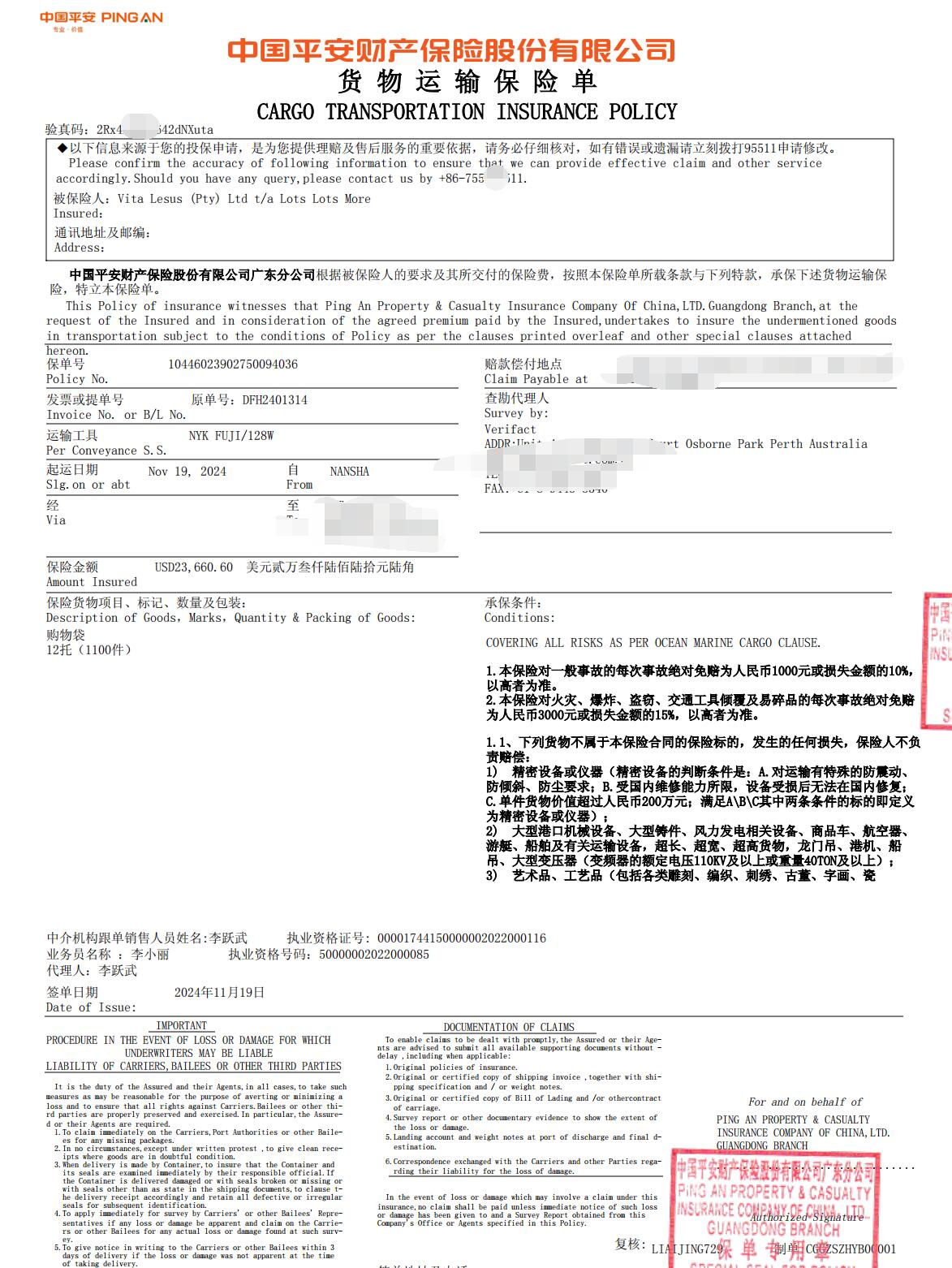Shipping goods from China by air can feel like a maze of options, regulations, and decisions. If you’re navigating this process for the first time, you might feel overwhelmed. Don\’t worry—I\’ve been in your shoes, and I’m here to simplify it for you.
Air freight is one of the fastest and most reliable ways to ship goods from China internationally, especially for time-sensitive or valuable cargo.
Whether you’re a first-time user or a seasoned importer, there are some critical things to know about air freight. Let’s explore them together.
What is air freight, and how does it work?
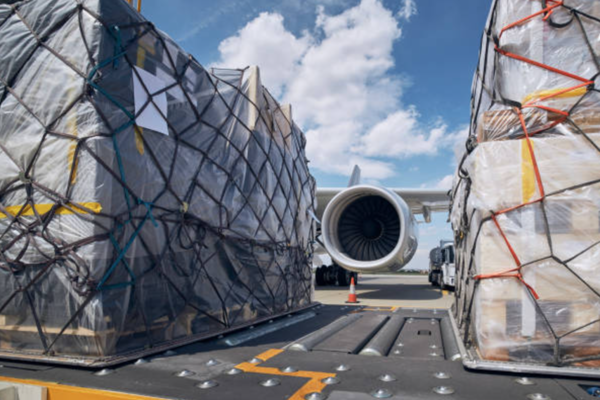
Air freight refers to the transportation of goods by aircraft, making it one of the fastest and most secure methods for international shipping. It’s particularly beneficial for businesses with time-sensitive or high-value shipments.
Air freight involves moving goods via airplanes, offering speed and reliability for global shipments.
How Air Freight Works:
- Pickup: Goods are collected from the supplier’s location or warehouse.
- Preparation: The cargo is packed, labeled, and documented.
- Export Customs Clearance: Required documents are submitted, and the shipment gets approval for export.
- Transportation: The cargo is transported to the departure airport and loaded onto a scheduled flight.
- Arrival: At the destination airport, the shipment is unloaded.
- Import Customs Clearance: Documents are reviewed, and duties or taxes are paid.
- Final Delivery: The goods are transported to the consignee’s location.
Using a trusted freight forwarder like DFH Logistics simplifies this entire process, ensuring timely delivery without complications.
What are the advantages of using air freight from China?
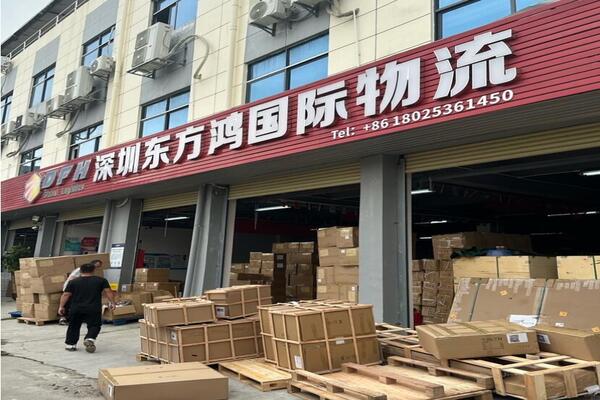
Air freight from China offers unique benefits for businesses, particularly those seeking speed, security, and reliability. Whether you’re shipping small parcels or bulk cargo, air freight can meet your needs efficiently.
The primary advantages of air freight include unmatched speed, high reliability, and enhanced security, making it ideal for urgent or high-value shipments.
Key Advantages:
Speed:
- Air freight is the fastest international shipping option, with delivery times as short as 1–2 days for direct flights.
- Perfect for time-sensitive goods like electronics, fashion items, or seasonal products.
Reliability:
- Airlines operate on fixed schedules, reducing delays and uncertainties.
- You can plan your supply chain more effectively.
Security:
- Strict handling procedures and limited transit times minimize the risk of damage or theft.
- Ideal for fragile or high-value items.
Global Reach:
- Air freight connects virtually every major city worldwide, making it a versatile solution for global businesses.
Flexibility:
- Suitable for shipments of all sizes, from small parcels to bulk goods.
- Options like door-to-door services add convenience.
Comparison with Other Shipping Methods:
| Feature | Air Freight | Sea Freight | Express Courier |
|---|---|---|---|
| Speed | Fastest (1–7 days) | Slow (30–45 days) | Fast (1–3 days) |
| Cost | High | Low | High |
| Ideal For | Urgent, valuable goods | Large, heavy shipments | Small parcels |
Choosing air freight ensures that your goods reach their destination quickly and safely, making it an excellent option for many businesses shipping from China.
How to calculate the air freight costs?

Calculating air freight costs can seem complicated, but understanding the key components makes it manageable. Air freight charges depend on several factors, including weight, volume, and destination.
Air freight costs are determined based on the chargeable weight, which is the greater of actual weight or volumetric weight.
Key Factors Affecting Air Freight Costs:
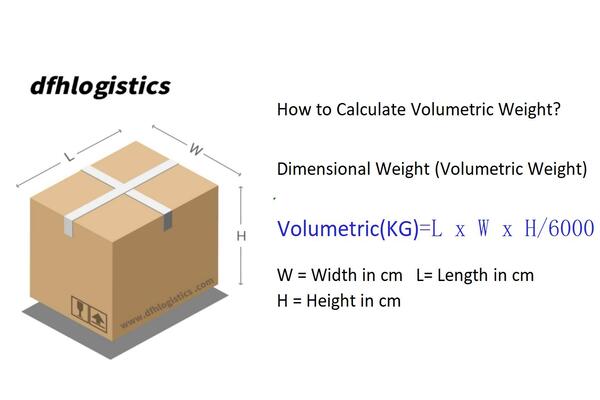
Chargeable Weight:
- Calculated as the greater of actual weight or volumetric weight.
- Volumetric weight formula:
Volumetric Weight (kg) = Length (cm) × Width (cm) × Height (cm)/6000
Destination:
- Costs vary depending on the distance and the destination’s regional rates.
Service Type:
- Options like airport-to-airport, door-to-door, or additional handling services affect the total cost.
Additional Costs:
- Fuel surcharges, security fees, and customs-related fees can add to the base rate.
Example Calculation:
| Actual Weight (kg) | Dimensions (cm) | Volumetric Weight (kg) | Chargeable Weight (kg) |
|---|---|---|---|
| 50 | 120 x 80 x 70 | 120×80×70/6000 = 112 | 112 |
| 60 | 100 x 100 x 50 | 100×100×50/6000= 83.3 | 84 |
| 60 | 50 x 80 x 50 | 50×80×50/6000= 33.3 | 60 |
In this case, the chargeable weight for the first example would be 112 kg since it’s greater than the actual weight;the second example would be 84kg. But the Chargeable weight for the 3rd example is 60KG. because the gross weight 60kg greater then Volumetric Weight
So if the Unit price for Air freight is 5USD/KG
Then Air freight Costs for First Example=112kg x 5USD/KG =560usd
Then Air freight Costs for Second Example=84kg x 5USD/KG =420usd
Then Air freight Costs for Third Example=60kg x 5USD/KG =300usd
While the total costs for an air freight shipment including the pick up costs from China Supplier factory to the airport+ Customs declaration costs + destination airport costs + final mile delivery costs. So if you want to get an exactly shipping costs for your air freight shipments, Contact DFH Logistics together with your shipment details is the simplest method.
Pro Tip:
To avoid surprises, work with a freight forwarder like DFH Logistics, which provides transparent pricing and helps you optimize your shipping strategy for cost-effectiveness.
What documents need to be prepared for air freight from China?
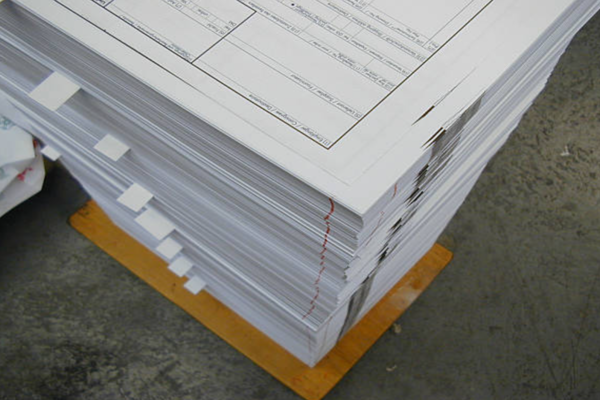
Shipping by air freight requires careful preparation of documents to ensure smooth customs clearance and compliance with international regulations.
The essential documents for air freight include commercial invoices, packing lists, and an airway bill. Each document serves a critical purpose in the shipping process.
Key Documents for Air Freight:
Commercial Invoice:

- A detailed bill issued by the seller to the buyer, listing the goods, their value, and the terms of sale.
- Used for customs clearance to determine duties and taxes.
Packing List:

- Provides details about the cargo, including the number of packages, dimensions, weight, and contents.
- Helps customs officials and freight handlers verify the shipment.
Airway Bill (AWB):

- A transport document issued by the carrier or freight forwarder.
- Serves as proof of the shipping contract and provides tracking details.
Export Declaration:

- Required by Chinese customs to declare the goods being exported.
- Ensures compliance with export regulations.
Certificate of Origin (if required):

- Certifies the origin of the goods, often necessary for customs or trade agreements.
Insurance Certificate (if applicable):

- Proof of cargo insurance to protect against damage or loss during transit.
Sample Checklist for Air Freight Documents:
| Document Name | Purpose | Mandatory? |
|---|---|---|
| Commercial Invoice | Customs clearance and valuation | Yes |
| Packing List | Cargo verification | Yes |
| Airway Bill (AWB) | Proof of shipment | Yes |
| Export Declaration | Compliance with export regulations | Yes |
| Certificate of Origin | Trade agreement verification | Sometimes |
| Insurance Certificate | Cargo protection | Optional |
Pro Tip:
Working with a reliable freight forwarder like DFH Logistics can simplify the documentation process. We ensure that all required documents are prepared accurately and submitted on time to avoid delays or penalties.
How to handle customs clearance for air freight from China?
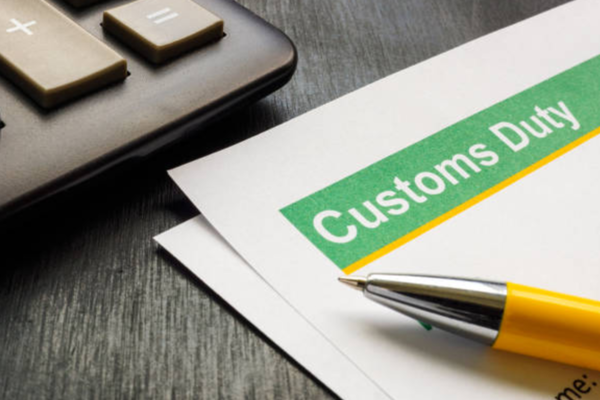
Customs clearance is a critical step in the air freight process. It ensures compliance with international trade laws and enables the smooth movement of goods across borders. While it might sound complex, understanding the process makes it easier to manage.
Customs clearance involves preparing the right documents, paying duties and taxes, and meeting regulatory requirements for both export and import.
Steps to Handle Customs Clearance:
Export Customs Clearance in China:
- The exporter submits required documents, such as the commercial invoice, packing list, and export declaration, to Chinese customs.
- Once approved, the goods are cleared for shipment.
Import Customs Clearance at the Destination:
- Importers must provide necessary documents, including the airway bill, commercial invoice, and packing list.
- Customs authorities calculate applicable duties and taxes based on the shipment value and HS (Harmonized System) codes.
Payment of Duties and Taxes:
- The importer pays duties and taxes as determined by the customs declaration.
- Many importers opt for services like DDP (Delivery Duty Paid) to streamline this step.
Goods Inspection:
- Customs officials may inspect the goods to ensure compliance with regulations and declarations.
- Inspections are typically random but can be triggered by specific risk factors.
Final Release:
- Once all requirements are met, customs releases the goods for final delivery to the importer.
Challenges in Customs Clearance:
| Challenge | Solution |
|---|---|
| Incomplete documentation | Work with experienced freight forwarders like DFH Logistics to ensure accuracy. |
| Delays due to inspections | Ensure all declarations are accurate and compliant with regulations. |
| Unexpected duties and taxes | Get an estimate upfront or use DDP services to simplify payments. |
Pro Tip:
Partnering with a knowledgeable freight forwarder like DFH Logistics can save you time and effort. We handle the complexities of customs clearance, so you can focus on growing your business.
How to pay duties and taxes in my destination country when using air freight?

When your air freight shipment arrives at its destination, paying duties and taxes is an essential part of the customs clearance process. These charges are determined based on the goods’ value, classification, and destination country’s regulations.
Duties and taxes are calculated using the declared value of goods, the HS code, and the destination country’s tariff structure, and must be paid before the shipment is released.
Steps to Pay Duties and Taxes:
Understand the Charges:
- Duties: A percentage of the shipment’s declared value, based on the product’s classification in the Harmonized System (HS) Code.
- Taxes (e.g., VAT/GST): Calculated on the value of the goods plus shipping costs and duties.
Example:
- Declared Value: $10,000
- Duty Rate: 10% → $1,000
- Shipping Cost: $500
- VAT Rate: 20% → 20% (10,000 + 1,000 + 500) = 2,300
Determine Who Pays:
- Delivered Duty Paid (DDP): The seller handles duties and taxes, making it seamless for the buyer.
- Delivered Duty Unpaid (DDU): The buyer is responsible for paying duties and taxes on arrival.
Choose a Payment Method:
- Payments can usually be made through customs brokers, online portals, or directly to customs authorities.
- Freight forwarders like DFH Logistics often offer DDP services, bundling duties and taxes into a single invoice.
Complete the Payment:
- Once the payment is made, customs will release the goods for final delivery.
- Ensure all receipts are retained for record-keeping and potential audits.
Key Considerations:
| Factor | Description |
|---|---|
| Accuracy | Ensure the declared value and HS codes match your goods. |
| Timeliness | Pay promptly to avoid delays or storage fees. |
| Professional Help | Use a freight forwarder to estimate and prepay duties if possible. |
Pro Tip:
Choosing a freight forwarder like DFH Logistics for DDP services simplifies the process. We calculate and pay the duties and taxes upfront, ensuring your shipment clears customs without hassle.
Can you handle large-scale shipments efficiently by air freight?
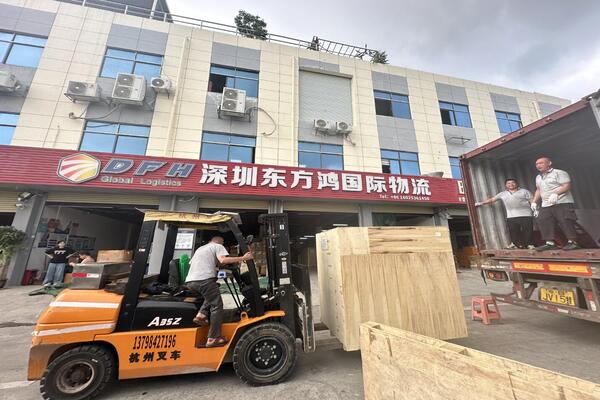
Air freight is often associated with smaller, urgent shipments, but it can also be an efficient solution for large-scale cargo when managed correctly. Whether you’re moving high volumes or oversized goods, the right logistics partner can make all the difference.
Yes, large-scale shipments can be efficiently handled by air freight with proper planning, optimized processes, and an experienced freight forwarder like DFH Logistics.
Strategies for Efficient Large-Scale Air Freight:
Capacity Optimization:
- Bulk shipments are consolidated to maximize aircraft capacity.
- Proper packaging and palletization reduce wasted space and lower costs.
Pre-Booking and Scheduling:
- Reserving cargo space in advance ensures availability, especially during peak seasons.
- DFH Logistics leverages relationships with airlines to secure competitive rates and priority handling.
Specialized Handling for Oversized Goods:
- For oversized or heavyweight shipments, DFH arranges tailored solutions like chartered flights or special equipment.
- Our expertise ensures compliance with airline restrictions and safety protocols.
Real-Time Tracking and Communication:
- Our advanced tracking systems keep you informed about shipment status at every stage.
- Dedicated support teams provide updates and address concerns promptly.
Cost Efficiency Through Consolidation:
- Goods from multiple suppliers can be consolidated into one shipment, reducing per-unit shipping costs.
- DFH’s free consolidation services make this process seamless for clients.
Pro Tip:
At DFH Logistics, we specialize in managing complex, large-scale air freight shipments. From advanced planning to real-time tracking, we ensure that your cargo moves smoothly and efficiently, no matter the size or destination.
Do you offer DDP (Delivery Duty Paid) air freight services?
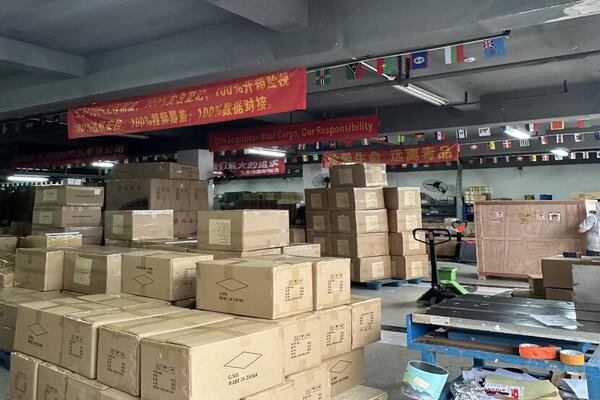
Yes, DFH provides DDP air freight services where duties and taxes are prepaid, and goods are delivered to your doorstep.
DDP services simplify shipping by including customs clearance and duties in the total cost.
Do I need to buy cargo insurance for air freight shipments from China?
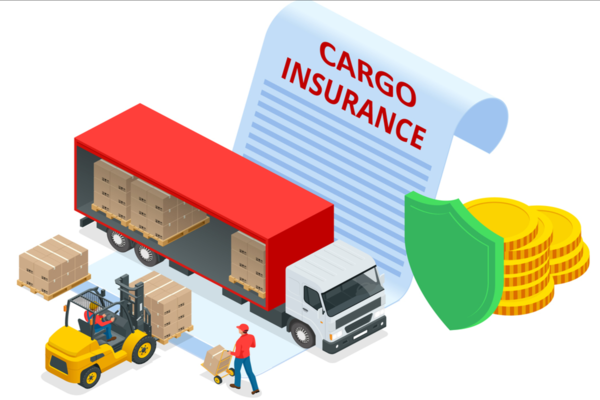
Shipping goods internationally always carries some level of risk, whether due to loss, damage, or unforeseen delays. Cargo insurance helps protect your investment and provides peace of mind during transit.
While cargo insurance is not mandatory, it is highly recommended for air freight shipments, especially for high-value or fragile goods.
What is Cargo Insurance?
Cargo insurance covers your shipment against potential losses or damages during transportation. This coverage typically applies to:
Accidental Damage:
- Protects against mishandling, accidents, or unforeseen events during transit.
Loss in Transit:
- Covers instances where goods are lost due to theft, misplacement, or natural disasters.
Delay-Related Issues:
- In some cases, it may cover financial losses caused by shipment delays.
Why Should You Consider Cargo Insurance?
Risk Mitigation:
- Even with reliable air freight services, risks like extreme weather, handling errors, or accidents cannot be fully eliminated.
High-Value Shipments:
- Fragile or expensive items, such as electronics or luxury goods, benefit significantly from additional protection.
Customs Inspections:
- Goods may be damaged during routine customs inspections, and insurance helps cover such scenarios.
How to Purchase Cargo Insurance?
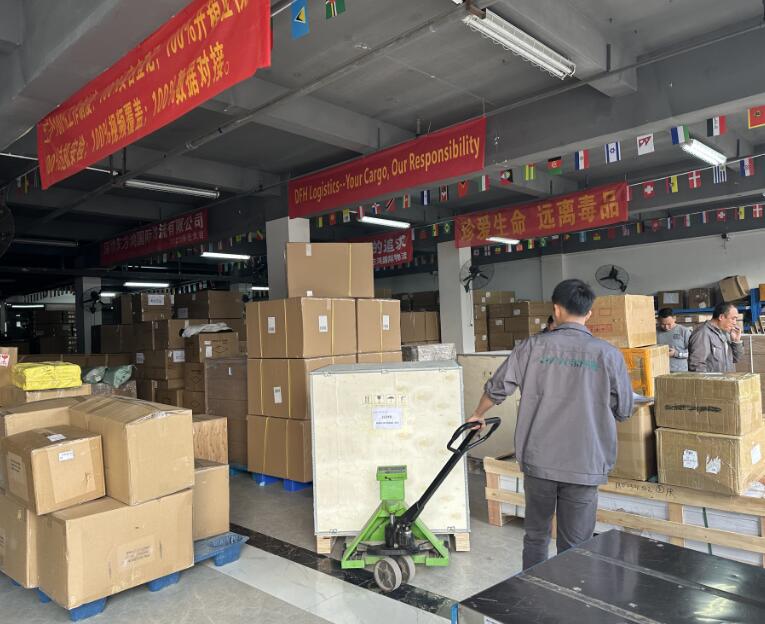
Through Freight Forwarders:
- Many freight forwarders, including DFH Logistics, offer cargo insurance as part of their service.
- DFH’s rates are competitive due to partnerships with leading insurance providers.
Directly from Insurers:
- You can also arrange insurance directly with an insurer. Ensure that they are familiar with international shipping requirements.
Check Coverage Details:
- Confirm what the insurance policy covers, including the types of risks, limits, and exclusions.
Sample Cost Table for Cargo Insurance:
| Shipment Value ($) | Insurance Rate (%) | Cost of Insurance ($) |
|---|---|---|
| 10,000 | 0.5% | 50 |
| 50,000 | 0.5% | 250 |
| 100,000 | 0.5% | 500 |
Pro Tip:
Choosing cargo insurance is a small cost compared to the potential financial impact of lost or damaged goods. DFH Logistics offers affordable insurance options tailored to your shipment’s value and requirements, ensuring peace of mind for every shipment.
How to track my air freight shipment from China?
Tracking your air freight shipment from China is a straightforward process that ensures you stay informed about your cargo’s journey. Whether you’re shipping to meet urgent deadlines or managing multiple deliveries, tracking offers peace of mind and real-time visibility.
You can track your air freight shipment using the Airway Bill (AWB) number provided by your freight forwarder or airline.
Steps to Track Your Shipment:
Obtain the Airway Bill (AWB) Number:
- Once your shipment is booked, you’ll receive an AWB number. This unique identifier is crucial for tracking.
- The AWB number is typically a 11-digit code issued by the airline.
Access the Tracking Platform:
- Use the airline’s official website or your freight forwarder’s tracking portal.
- For DFH Logistics clients, we provide a dedicated tracking system for real-time updates.
Enter the AWB Number:
- Input the AWB number into the tracking tool.
- The system will display the current status of your shipment, including key milestones.
Monitor Updates:
- Stay informed with updates on:
- Departure from the origin airport.
- Customs clearance status.
- Arrival at the destination airport.
- Final delivery status (for door-to-door services).
- Stay informed with updates on:
Enable Notifications:
- Many tracking systems allow you to set up email or SMS notifications for milestone updates.
- DFH Logistics offers proactive notifications for all major shipping events.
Pro Tip:
With DFH Logistics, you’ll receive more than just tracking—our support team is always available to answer questions or address concerns about your shipment’s progress. This ensures you’re never left in the dark about your cargo’s status.
What should I watch out for as a first-time air freight user?
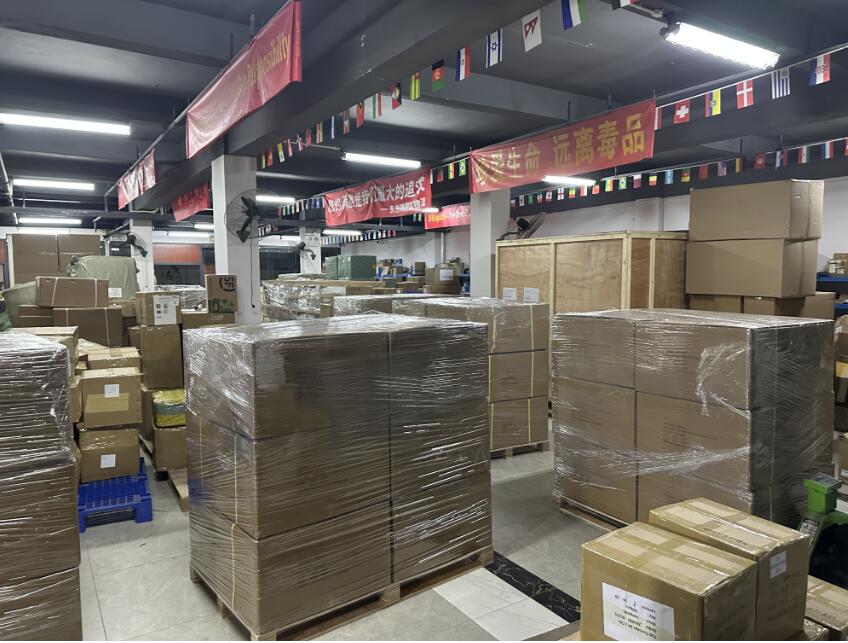
Using air freight for the first time can be daunting, with a host of processes, documents, and regulations to navigate. Being well-prepared can save you time, money, and stress.
First-time air freight users should focus on accurate documentation, understanding customs requirements, and selecting a reliable freight forwarder to avoid common pitfalls.
Key Points to Watch Out For:
Accurate Documentation:
- Ensure that all required documents, such as commercial invoices, packing lists, and airway bills, are accurate and complete.
- Errors or omissions can cause delays and fines during customs clearance.
Customs Regulations:
- Research the import regulations and duties for your destination country.
- Misclassification of goods or undervaluation can lead to penalties.
Freight Costs:
- Understand how air freight costs are calculated, including chargeable weight and additional fees like fuel surcharges.
- Request a detailed quote from your freight forwarder to avoid surprises.
Insurance:
- Consider purchasing cargo insurance to protect against loss or damage during transit.
- High-value or fragile goods are especially vulnerable and benefit from insurance coverage.
Transit Times and Delays:
- Air freight is fast, but delays can occur due to weather, customs inspections, or peak seasons.
- Plan ahead and allow extra time for unforeseen issues.
Reliable Freight Forwarder:
- Choose an experienced and trustworthy freight forwarder who can handle end-to-end logistics.
- DFH Logistics offers comprehensive support, from documentation to customs clearance.
Pro Tip:
As a first-time user, simplify the process by partnering with a reliable freight forwarder like DFH Logistics. We’ll guide you through every step, ensuring a seamless experience for your air freight shipment.
What is the difference between standard air freight and Express Air Shipping?
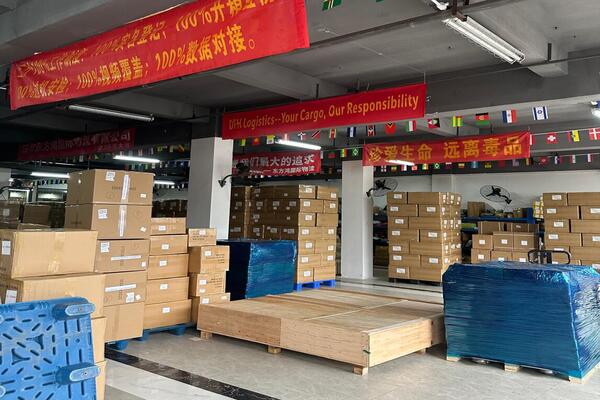
| Feature | Standard Air Freight | Express Air Shipping |
|---|---|---|
| Speed | 2–5 days | 1–2 days |
| Cost | Lower | Higher |
| Delivery | To airport | Door-to-door |
Choose standard air freight for cost-effectiveness or express for urgent needs.
Why is DFH Logistics the best Air freight forwarder from China?

Choosing the right freight forwarder can make or break your shipping experience. At DFH Logistics, we’ve built our reputation on reliability, expertise, and customer-first service, helping thousands of businesses streamline their logistics.
DFH Logistics is the best air freight forwarder from China because of our comprehensive services, industry expertise, and unwavering commitment to customer satisfaction.
What Makes DFH Logistics Stand Out?
Comprehensive Service Options:
We offer flexible shipping solutions, including:- Airport-to-Airport: For those managing local logistics at the destination.
- Door-to-Door: Complete handling from your supplier to your doorstep.
- DDP (Delivery Duty Paid): Duties and taxes prepaid for seamless delivery.
Expert Customs Clearance Support:
- Our team has years of experience navigating complex customs regulations.
- We ensure smooth clearance for your goods, avoiding delays or penalties.
Competitive Pricing:
- With strong partnerships with airlines, we secure the best rates for our clients.
- We provide transparent quotes with no hidden fees.
Real-Time Tracking and Updates:
- DFH’s advanced tracking system keeps you informed every step of the way.
- Receive milestone updates to plan your business operations effectively.
Free Value-Added Services:
- Free Consolidation: Combine goods from multiple suppliers to save on costs.
- Free Warehousing: Store goods in our Shenzhen warehouse for up to 30 days.
- Repacking and Labeling: Optimize your packaging for international shipping.
DFH Logistics isn’t just a freight forwarder; we’re your logistics partner. Our expertise, dedication, and wide range of services ensure your air freight needs are handled professionally and efficiently, every single time.
Conclusion
Choosing air freight from China can be a highly efficient and reliable way to ship goods internationally, but success depends on understanding the process and working with the right partner. DFH Logistics stands out as a trusted freight forwarder, offering comprehensive services, expert support, and customer-focused solutions. Whether you’re shipping for the first time or managing large-scale operations, we’re here to make your logistics smooth and stress-free. Let us handle the complexities so you can focus on growing your business.






